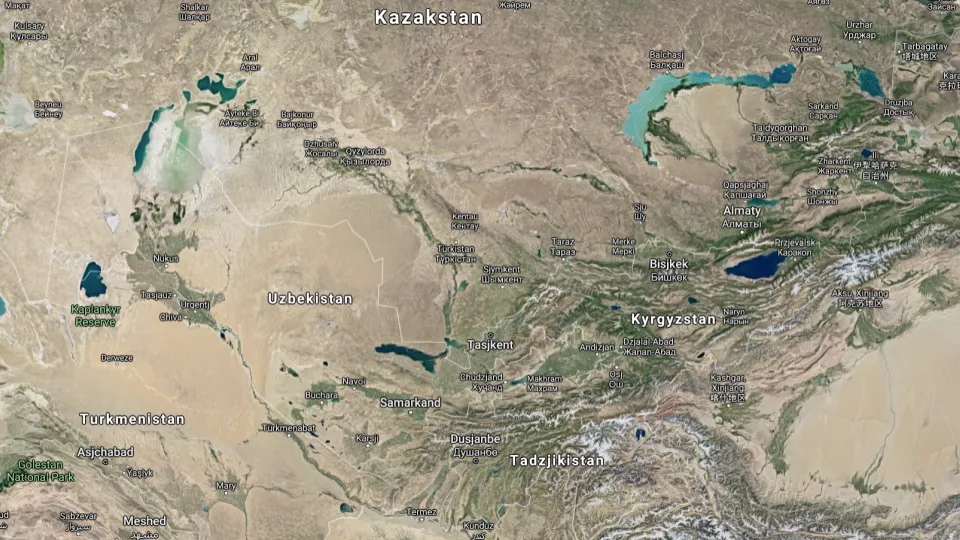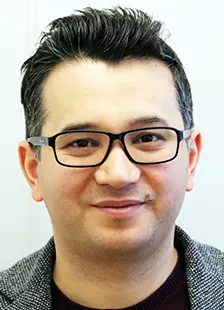Foreign companies establishing in Central Asia will find largely unexploited markets with few competitors. Profits are likely to be high for those who acquire licences to operate, but so are the risks of conducting business in environments permeated by corruption. Failure to comply with the informal rules turns business into a bureaucratic hellscape; paying off state officials, however, may result in fines for hundreds of millions of dollars.
Such was the case for Swedish telecom company Telia, which paid $320 million to an allegedly unknown recipient for licenses in Uzbekistan. American and Dutch authorities investigated the payment after Swedish journalists uncovered that Gulnara Karimova, the daughter of the late Uzbek president, had been on the receiving end. To settle the subsequent bribery case, Telia paid a fine of almost 1 billion dollars in accordance with the US “Foreign Corrupt Practices Act”.
“Very few foreign companies want to conduct business in Central Asia because of, for example, the Telia case,” says Rustamjon Urinboyev, researcher at the Sociology of Law Department studying corruption, informality and legal cultures in Central Asia. He heads the research project “Central Asian Law”, a four-year collaborative effort between six EU universities, and partners from each of the five Central Asian countries, aiming to increase understanding between the two regions’ business and legal cultures.
The findings will be shared in policy circles and with lawmakers in Central Asia with the intention of improving the legal culture and business environment. “There is a political will to change in Central Asia, and there is renewed interest in the EU to collaborate, but there is a lack of knowledge about working with the region,” Urinboyev says. He notes that even if several countries in the region are opening up to foreign companies and investors, the only way to enter the market is through bribes.
The European Commission has granted the project € 1.1 million through its Research and Innovation Staff Exchange (RISE) scheme, enabling the collaborating institutions in Central Asia and the EU to host visiting researchers for extended periods. This is the first time Lund University is the principal investigator for a project with a RISE grant.
Learn more about the Sociology of Law Department's ongoing research.

